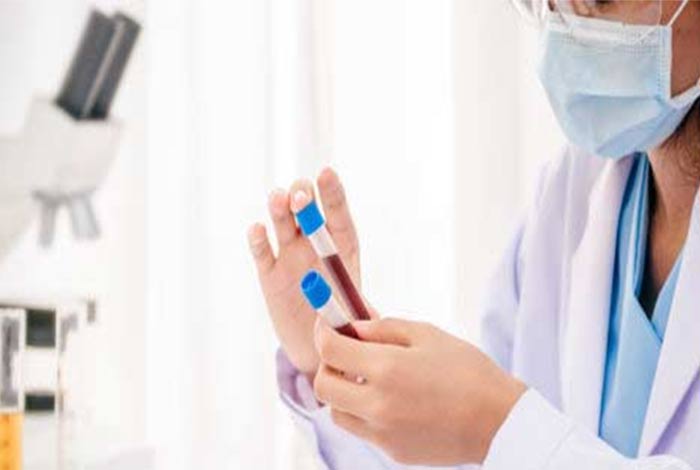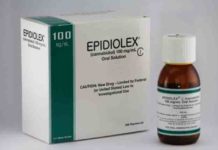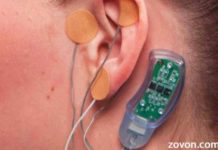
FDA approves Idhifa for a specific type of acute myeloid leukemia

The U.S. FDA has recently approved a drug, named Idhifa (enasidenib) to cure patients with genetic mutation resulting in relapsed or refractory acute myeloid leukemia (AML).
According to a news, IDH2 gene can now be easily diagnosed with the help of new diagnostic device test called RealTime IDH2 Assay.
Dr. Richard Pazdur, Director, FDA’s Oncology Center of Excellence said, “The use of Idhifa was associated with a complete remission in some patients and a reduction in the need for both red cell and platelet transfusions.”
Acute myeloid leukemia is a rapidly increasing form of cancer, which initiates from the bone marrow and finally results in the abnormal increase in the number of white blood cells. According to an estimate, presented by the U.S. National Cancer Institute, approximately 21,000 people in United States are diagnosed with this cancer and about 10,000 died due to the same.
Idhifa blocks enzymes that encourage the cancer cell growth. The drug was tested through a clinical trial of over 200 people suffering with relapsed or refractory AML. The IDH2 mutation in these patients was diagnosed with the help of newly approved technique. FDA reported, “After a minimum of six months of treatment, 34 percent of trial participants no longer required blood transfusions.”
The drug has certain side effects that include nausea, vomiting, diarrhea, increased level of bilirubin and reduction in appetite. There is a deadly side effect of the drug — clearly mentioned on the pack — that it results in ‘differentiation syndrome’ with symptoms like fever, breathing difficulty, inflammation in lungs and rapid weight gain. The drug is considered unsuitable for pregnant and lactating women.










